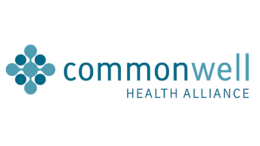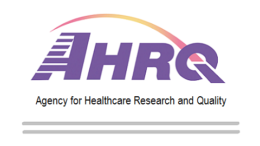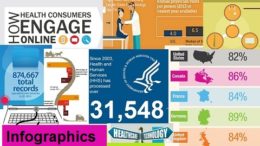Why Do We Need a New Operating System for Effective Shared Care Plans?
By Robert Rowley MD – The way we pay for healthcare is changing. The transition from fee-for-service (“fee for volume”) to value-based care is beginning to take shape, and will do so increasingly in the next few years. Federal pressures as well as private industry pressures are driving this change, as reviewed nicely in a white paper by Houlihan Lokey, “Value-Based Care.”
Read More







